Cannabis in Palliative Care
Estimated reading time: 9 minutes
- Introduction
- What is hospice care?
- Using cannabis as part of end-of-life care
- A Doctor's Point of View
- CBD for Palliative Care: Benefits and How to Use It
- The Potential Benefits of CBD in Palliative Care
- How to Incorporate CBD into Palliative Care
- Conclusion – CBD for Palliative care
- The Real CBD for Palliative care
Introduction
At The Real CBD, we understand the importance of giving good information on CBD for palliative care. Palliative care plays a crucial role in making the quality of life for individuals facing serious illnesses better. With the increasing popularity of CBD as an additional therapy, it's important to explore its benefits and understand how to incorporate it into palliative care effectively.

End-of-life care is one of the less talked-about ways that medical cannabis can be used. After all, most people who use weed do so because they want to keep living, right? And yet, palliative care might be the area of medicine that would gain most from the clinical use of cannabis. This is because cannabis can help patients with their many symptoms while having few side effects.
We will all die, but we rarely think about how to die well.
What is hospice care?
According to the World Health Organisation, palliative care is
“an approach that improves the quality of life of people with life-threatening illnesses and their families by preventing and relieving suffering.”
Doing it by finding and treating pain and other physical, mental, social, and spiritual problems as early as possible.
In other words, palliative care includes end-of-life care, but a person who is getting palliative care may or may not be close to dying.
When a patient is nearing the end of his or her life in a hospice; the focus on quality of life means that rules are often broken to honour the wants and beliefs of the dying person. Dogs and other family pets are welcome in the patient's room, and it's not unusual for the patient to want a glass of wine.
So why shouldn't a person who is dying be able to get medicinal cannabis? Especially if it will help them feel less pain!
Using cannabis as part of end-of-life care

Since 2007, the Israeli Ministry of Health has allowed people with cancer to use medical cannabis as a way to help them feel better. This led to a prospective study in which 2,970 patients were asked about the safety and effectiveness of medicinal cannabis. The answers were mostly positive.
96% of patients who replied to the 6-month follow-up said that their health had gotten better. 3.7% said that nothing had changed, and 0.3% said that their health had gotten worse.
Also, before cannabis treatment, only 18.7% of patients said they had a good quality of life. Six months later, 69.5% said the same thing. Just over a third of patients who were taking opioid painkillers quit taking them.
Even though observational studies like these show that cannabis can improve the symptoms and quality of life of people with advanced cancer, doctors often feel they do not know enough about it to prescribe it to their patients.
A 2018 survey of 237 oncologists in the US found that 80% of them talked to their patients about cannabis. However, only 30% of them thought they knew enough about it. Further, it was good to see that 67% thought cannabis was a good way to deal with pain in addition to the standard treatments. 65% thought it was as good as or better than the standard treatments for the rapid weight loss that is common in advanced cancer. Only 45% of them actually told their patients to use cannabis.
Read the study here
Because of these differences, even in countries where cannabis can be prescribed for palliative care, many doctors still prefer to use the same old ways to treat symptoms. We could talk about why this is….. But we assume you can put 2 and 2 together.
A Doctor's Point of View

Clive Smith MD, a family doctor from UK and the author of “Cannabis in palliative care” thinks that cannabis is a good fit for palliative care in a way that it is not for other types of care.
“If we're going to use cannabis products in medicine, palliative care is the best place to start,. Doctors have more time, and patients have the same amount of time to deal with any side effects.”
However, for cannabis to reach its full potential in hospice care, Dr. Smith thinks doctors need to change how they think about controlling symptoms.
“The study seems to show,” says Smith, “that cannabis is mildly effective for pain, mildly effective for nausea, mildly effective for insomnia, and mildly effective for anxiety. It doesn't treat any of these problems much better than the other medicines we have. So, many doctors think, “Why would we take a medication that is only mildly effective when I can take a much more direct approach with specific symptoms?” Instead of asking, “Do you have some pain, some worry, some trouble sleeping, some nausea, and some loss of appetite? So why don't we start with something that helps a little bit with all of that? Then we can work on more specific issues over time.”
Cannabis helps a little bit with a wide range of symptoms that people in hospice care often have.
Dr. Smith is also critical of the way other doctors tend to rely on clinical evidence and write off the good experiences of their patients. He says:
“Palliative care is one case in which the evidence-based paradigm, which is the main idea behind medicine, can be called into question. I think doctors should not be so focused on the evidence when their patients are dying and telling them, “I'm really enjoying this, it's helping me a lot, I'm sleeping better, and I'm eating better.” However, the doctors are nodding their heads and saying, “I hear you, but I can't accept this because I still don't have enough evidence.”
CBD for Palliative Care: Benefits and How to Use It
Understanding Palliative Care
Palliative care focuses on providing relief from the symptoms, pain, and stress associated with serious illnesses. It aims to improve the overall well-being of patients by addressing physical, emotional, and spiritual needs. Palliative care can be provided alongside treatments and is not limited by the prognosis or life expectancy of the patient.
The Potential Benefits of CBD in Palliative Care
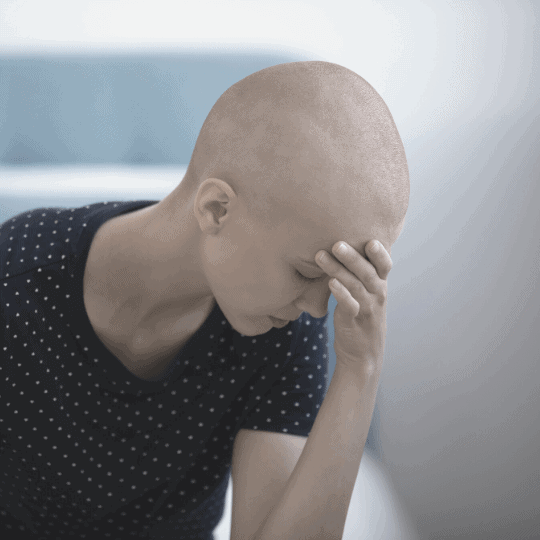
CBD, short for cannabidiol, is a non-intoxicating compound derived from the cannabis plant. It has gained significant attention for its potential therapeutic properties. While research on CBD's effects is still ongoing, there is growing evidence supporting its benefits in palliative care settings. Here are some potential advantages:
Pain Management
Chronic pain is a common symptom experienced by individuals receiving palliative care. CBD has been shown to possess analgesic properties, potentially reducing pain and discomfort. By interacting with the endocannabinoid system, CBD may help modulate pain perception and provide relief without causing adverse side effects.
Find your CBD for pain here
Read about CBD for opioids withdrawl symptoms here
Alleviating Anxiety and Depression
Patients receiving palliative care often experience heightened levels of anxiety and depression. CBD has shown promise in reducing anxiety and improving mood by interacting with serotonin receptors in the brain. Incorporating CBD into a holistic treatment plan may help alleviate these symptoms and promote a sense of calm and well-being.
Find your CBD for Anxiety and Depression here
Enhancing Sleep Quality
Sleep disturbances are common among individuals facing serious illnesses. CBD has been recognized for its potential in improving sleep quality by regulating sleep patterns and promoting relaxation. Restful sleep is crucial for both physical and emotional healing, and CBD may offer a natural solution for patients struggling with sleep disorders.
Find your CBD products for enhanced sleep here
Managing Nausea and Appetite
Nausea, vomiting, and loss of appetite can be side effects of certain treatments and conditions. CBD has demonstrated antiemetic properties, making it a potential option for managing nausea. Additionally, CBD may stimulate appetite, helping patients maintain proper nutrition during their palliative care journey.
More from our blog:
How to Incorporate CBD into Palliative Care

When considering the use of CBD in palliative care, it's essential to prioritize safety and effectiveness. Here are some key points to keep in mind:
Consult with Healthcare Professionals
Before introducing CBD into a palliative care regimen, it's crucial to consult with a doctor who specialize in palliative care. They can provide personalized guidance based on the person's medical history, current medications, and specific needs.
Choose High-Quality CBD Products
Not all CBD products are created equal, and it's vital to select high-quality options for optimal results. Look for CBD products that are third-party tested, ensuring their purity, potency, and absence of harmful contaminants. Transparent companies will readily provide information about their sourcing and manufacturing processes.
Determine Appropriate Dosage
CBD dosage can vary depending on factors such as the person's weight, severity of symptoms, and desired effects. Start with a low dosage and gradually increase it until the desired effects are found. It's important to monitor the individual's response and adjust the dosage accordingly.
Consider Different Administration Methods
CBD comes in many different forms, such as vapes, oils, capsules, topicals, and gummies. The way a person takes their medicine relies on their preferences, their health, and what they want to happen. The best way can be found by trying different things and getting feedback from doctors.
Watch and make changes
Check on the person's symptoms and health on a regular basis to see how CBD is affecting them. Keep the lines of communication open with the healthcare team, so you can talk about any changes, worries, or changes that may be needed to make the palliative care plan work better.
Conclusion – CBD for Palliative care
CBD could be a useful addition to other treatments in hospice care. It might help with pain, nervousness, getting a better night's sleep, feeling sick, or not having an appetite. By adding CBD to a complete plan for palliative care, people may feel better and have a better quality of life.
Remember, if you're thinking about using CBD for palliative care, you should talk to a doctor, put high-quality goods at the top of your list, figure out the right doses, look into different ways to give CBD, and keep the lines of communication open with your healthcare team.
The Real CBD for Palliative care
-
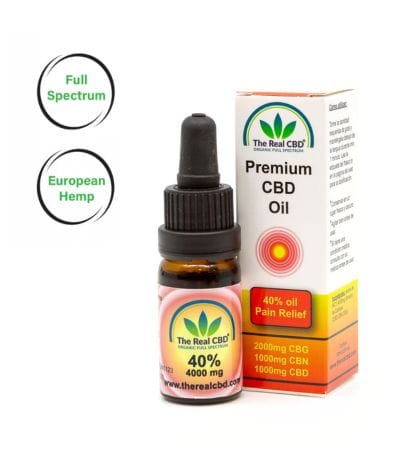 40% Pain Relief oil€179.00
40% Pain Relief oil€179.00 -
Product on sale
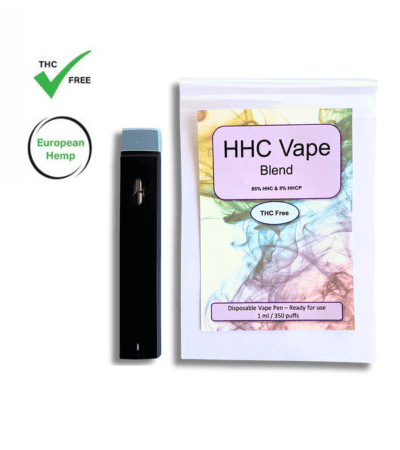 HHC VapeOriginal price was: €55.00.€35.00Current price is: €35.00.
HHC VapeOriginal price was: €55.00.€35.00Current price is: €35.00. -
Product on sale
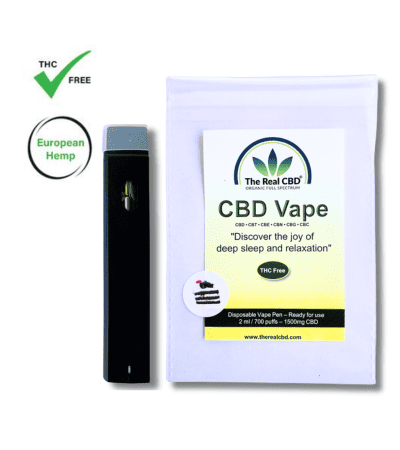 CBD Vape – Broad Spectrum€30.00 – €45.00
CBD Vape – Broad Spectrum€30.00 – €45.00 -
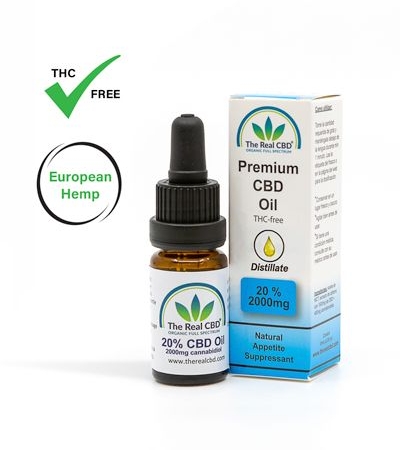 20% CBD oil – Distillate€92.00
20% CBD oil – Distillate€92.00 -
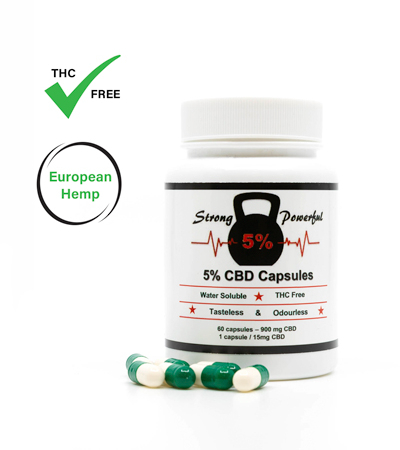 CBD Capsules for Athletes€59.00
CBD Capsules for Athletes€59.00 -
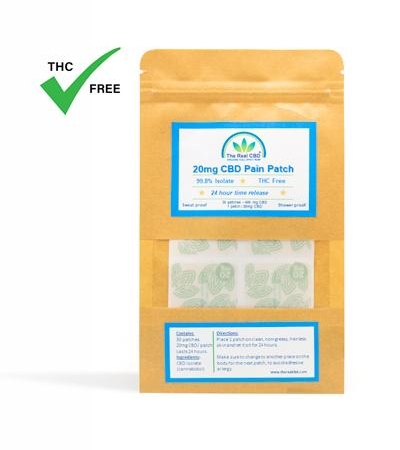 CBD Pain Patch 20mg€55.00
CBD Pain Patch 20mg€55.00 -
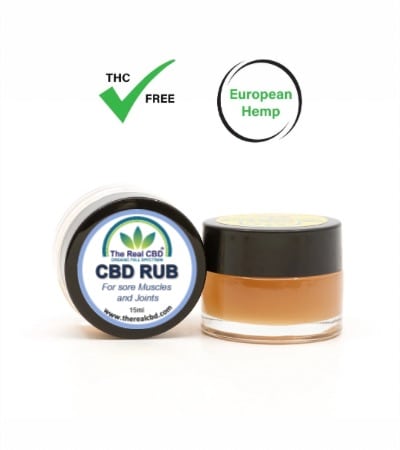 CBD Rub€17.50
CBD Rub€17.50 -
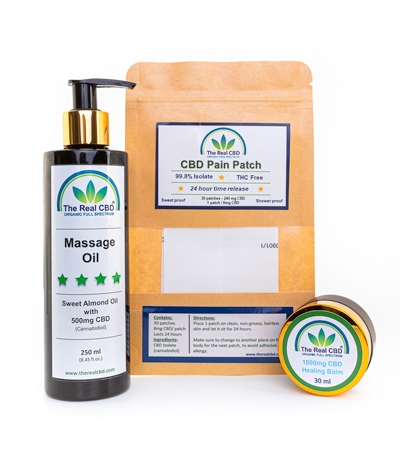 CBD Massage pack€120.00
CBD Massage pack€120.00 -
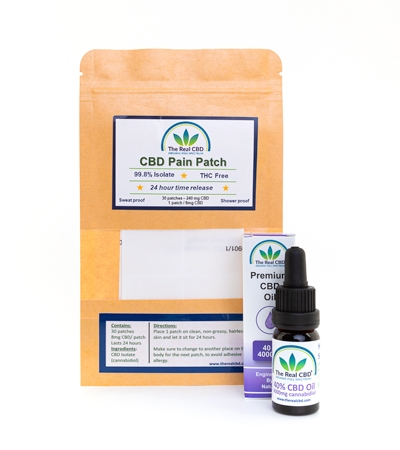 CBD Severe Pain Pack€183.00
CBD Severe Pain Pack€183.00 -
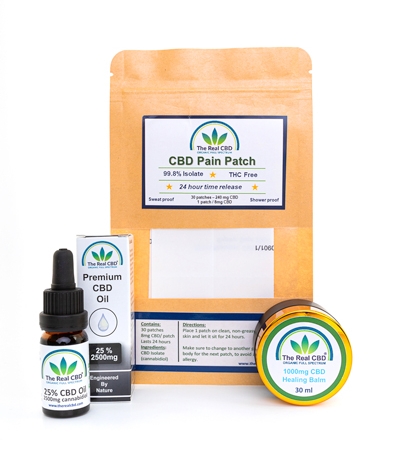 CBD Strong Pain Pack€195.00
CBD Strong Pain Pack€195.00 -
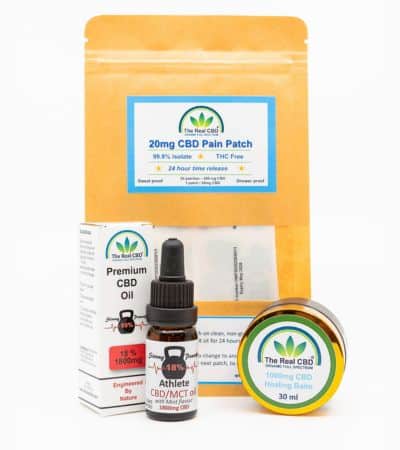 CBD Athletes Pack€158.00
CBD Athletes Pack€158.00 -
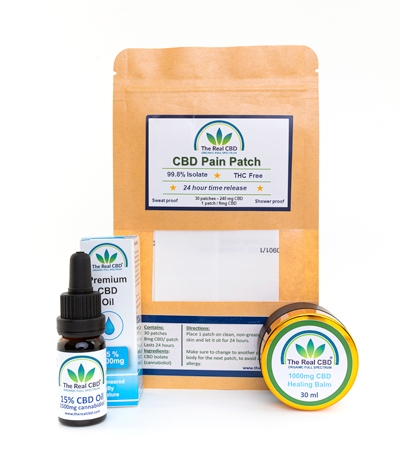 CBD Medium Pain Pack€139.00
CBD Medium Pain Pack€139.00

I am a certified expert in Medicinal Cannabis. We are all about giving correct and trustworthy information. We know how important it is to learn about CBD and cannabis, which is why we want to be your go-to source for trustworthy information. We help you improve your health by using our knowledge and experience as a starting point.








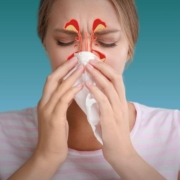





Leave a Reply
Want to join the discussion?Feel free to contribute!